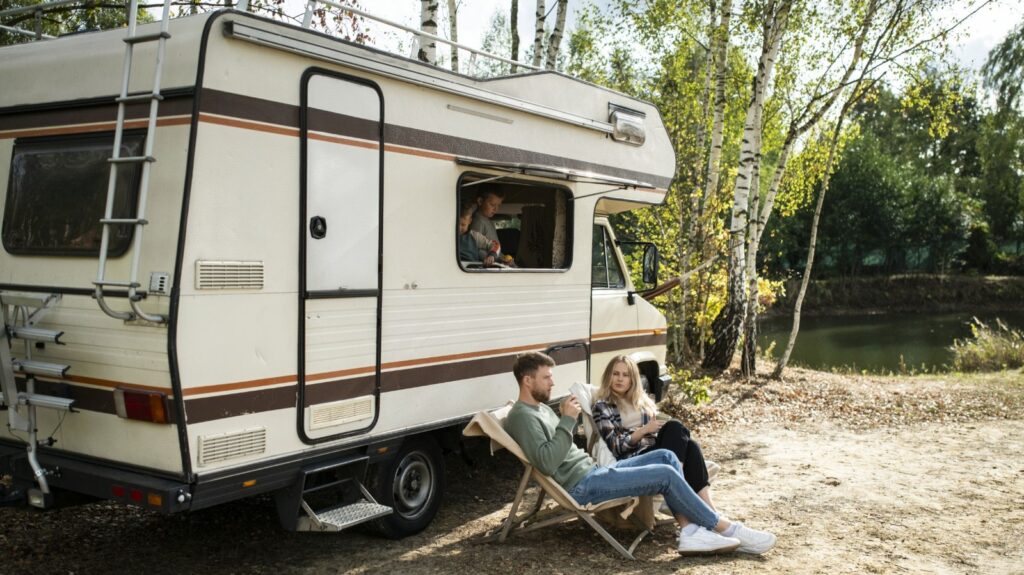
As the allure of a nomadic lifestyle grows, many Americans are considering trading traditional homes for recreational vehicles (RVs) parked on their own land. However, potential RV dwellers should be aware that several U.S. states impose legal restrictions on this lifestyle choice. While some states like Florida, Texas, Colorado, Arizona, and Oregon offer more lenient regulations, allowing individuals to live in RVs without extensive permitting, others maintain strict prohibitions.
The appeal of RV living is clear: freedom, mobility, and a simplified lifestyle. Yet, the legality of residing in an RV on private property varies significantly across the nation. In states with fewer restrictions, residents can often avoid complex bureaucratic hurdles, provided they adhere to local statutes. This flexibility has led to innovative housing solutions, such as collective land purchases by RV enthusiasts who form private communities.
Innovative Solutions and Community Living
In response to the legal challenges, some RV owners are banding together to create their own residential communities. By purchasing land collectively, they can designate it as a campground or apply for an RV park permit, effectively becoming their own landlords. This approach not only circumvents restrictive laws but also fosters a sense of community among like-minded individuals.
Such communities offer a blend of independence and social interaction, appealing to those disillusioned with traditional housing. According to industry experts, this trend is likely to grow as more people seek alternatives to conventional homeownership.
Legal Landscape and Legislative Changes
While the idea of living in an RV is gaining popularity, legal hurdles remain a significant barrier. Many states classify RVs as vehicles rather than permanent dwellings, which complicates their use as primary residences. However, the landscape is slowly changing. Lawmakers in various states are considering bills to redefine what constitutes a legal dwelling, potentially easing restrictions on RV living.
“As long as traditional housing systems continue to leave people feeling more trapped and even less secure, we can expect an increase in the desire to seek out unconventional alternatives,” said a housing market analyst.
The push for legislative change reflects a broader societal shift towards more flexible living arrangements. As housing costs rise and urban areas become increasingly congested, the appeal of a mobile lifestyle is undeniable.
Implications for the Future
The trend towards RV living represents a broader movement towards minimalism and sustainability. For many, the trade-off between square footage and freedom is worth it. However, potential RV dwellers must navigate a complex web of local regulations and zoning laws to ensure compliance.
As the movement gains momentum, more states may follow the lead of those with relaxed regulations, recognizing the need for diverse housing solutions. This shift could pave the way for innovative housing policies that accommodate a range of lifestyles.
Ultimately, the future of RV living will depend on the balance between individual freedom and regulatory oversight. As more people embrace this lifestyle, it will be crucial for lawmakers to adapt and create inclusive policies that reflect changing societal needs.
The journey towards a more flexible housing landscape is just beginning, and for those willing to navigate the legal complexities, the road ahead is full of possibilities.







